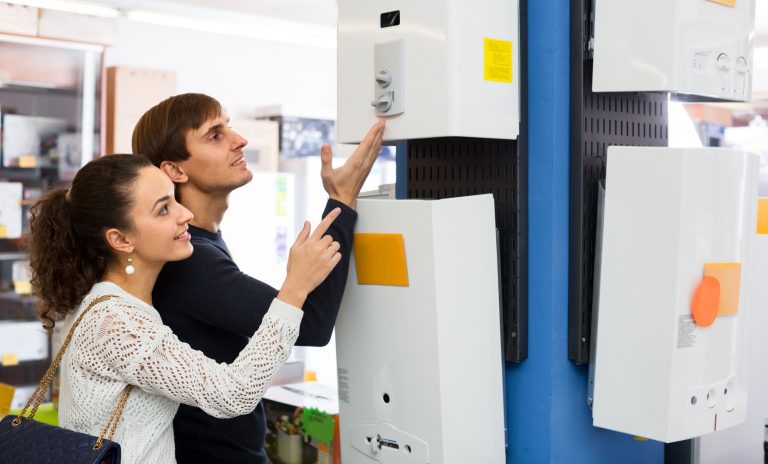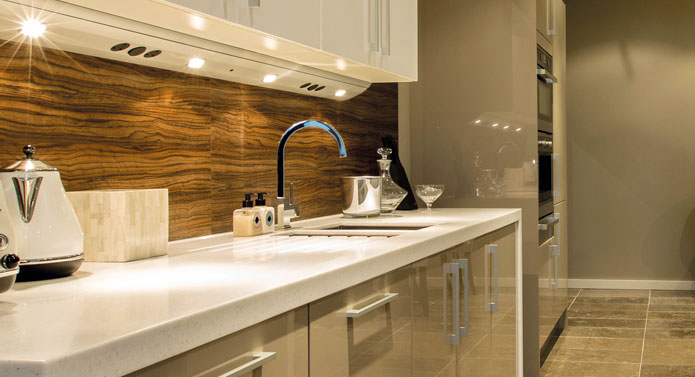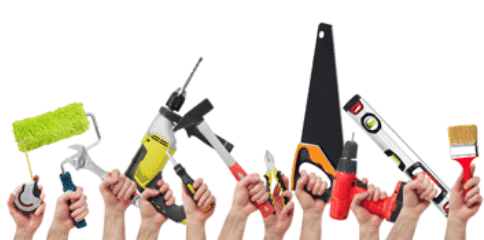A beginners guide to selecting a new boiler

There are hundreds of different boilers available. How do you know which new boiler to select?
When selecting a new boiler consult one of HomeForce’s accredited Gas Engineers will provide expert advice.
However, while a little information can be a dangerous thing it can also help demystify terminology and make discussions with experts more productive.
This article is intended as an easy read (and unbiased) view of the basics when it comes to selecting a new boiler. It is not intended as a comprehensive guide to choosing your own boiler but covers some of the areas to consider. If you are starting from a base of zero knowledge then we hope it helps.
You also might like to read:
- Boiler installation costs
- Why replace a functioning boiler?
- New Boiler FAQs
- Who’s the best Gas Engineer in Edinburgh?
- Selecting the best engineer for your job.
Condensing Boilers
- Virtually all boilers on the market these days are condensing boilers
- In a condensing boiler heat, that would normally be lost through the flue, is instead used to heat the water passing through the boiler.
- This increases the efficiency of condensing boilers compared to non condensing boilers.
- With “A” rated boilers the condensing process means that around 90% of the fuel used is converted to heat where as with older boilers this could be only 70% or lower.
Combination Boilers
There are two types of condensing boiler:
- A combination “Combi” boiler gives instant hot water without the need for hot water to be stored in a cylinder.
- Regular condensing boilers store hot water in a cylinder or tank ready for use when needed
Not all homes are compatible with combination boilers; for example some combi boilers cannot cope with two showers running at the same time. A qualified heating engineer will advise you which type of boiler, regular or combination is suitable for your home.
Size / Power rating
It is important to ensure that a boiler’s Power Rating (or size) is just right;
- An undersized boiler may have to work too hard and an oversized boiler will run below capacity. Both situations can lead to more fuel being used than necessary.
- A heating engineer calculates the size of boiler required based on; heat loss, the number of rooms (Bedrooms, bathrooms etc), number of people in the property, number of radiators, showers and so on.
- As a rough guide most flats and smaller houses, with up to 10 radiators will require a 24-25kw boiler. A 28-30kw would be installed for a medium to large 3-4 bed house with up to 15 radiators, and a 33-35kw and a 40kw would be for a large house with anything up to 20 radiators.
- In larger properties or properties spread over several floors more than one boiler may be required.
- There are numerous boiler brands / manufacturers. Each one has a marketing strategy to sell their product. As a consumer it’s hard to tell which is “the best” or the right one for you.
- The search for “the best” is often complicated by heating engineers having a favoured boiler manufacturer that they like to install. They will each say that their suggestion is better than the next guy’s.
- The cynical might suggest that Heating Engineers favour one brand over another because that is where they can make the most mark up.
- Equally it might be that one brand is less likely to go wrong than another, one brand is easier to install than another or that the engineer is just more familiar with a particular brand than another.
- A Gas Safe engineer will be able to install a gas boiler of any brand but it’s worth listening to why they recommend one brand over another. Quite often it will be because they can offer an extended warranty on that particular boiler brand.
- Just as with almost any product from cars to biscuits the costs vary depending on who makes it. What appears to do much the same job will cost more from one manufacturer than the other.
- Although there are, of course, exceptions it’s fair to say that in general higher priced boilers are “better” or have more functions.
- Sometimes though a cheaper boiler may be all that is needed; for example if a property is to be sold in the next year or two then perhaps a cheaper boiler with shorter warranty is all that would be needed.
- Be sure to tell the engineer any budget constraints or plans for the property.
Arrange for a New Boiler Quotation now:
- Complete our Tradesperson Booking Form
- Tel: – 0131 315 0000
- Email: – info@homeforce.co.uk



